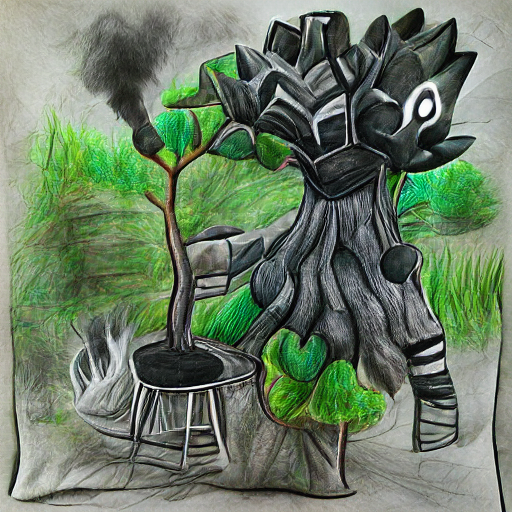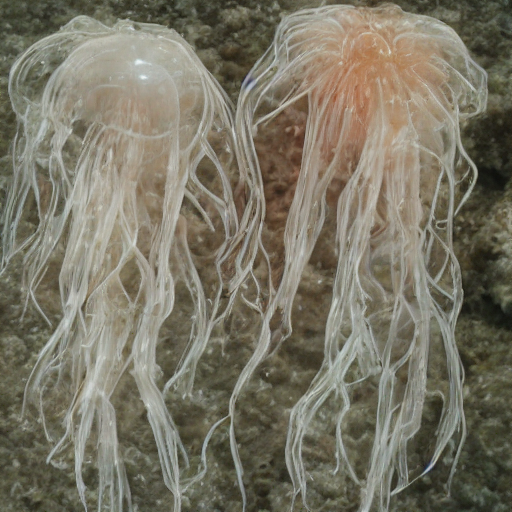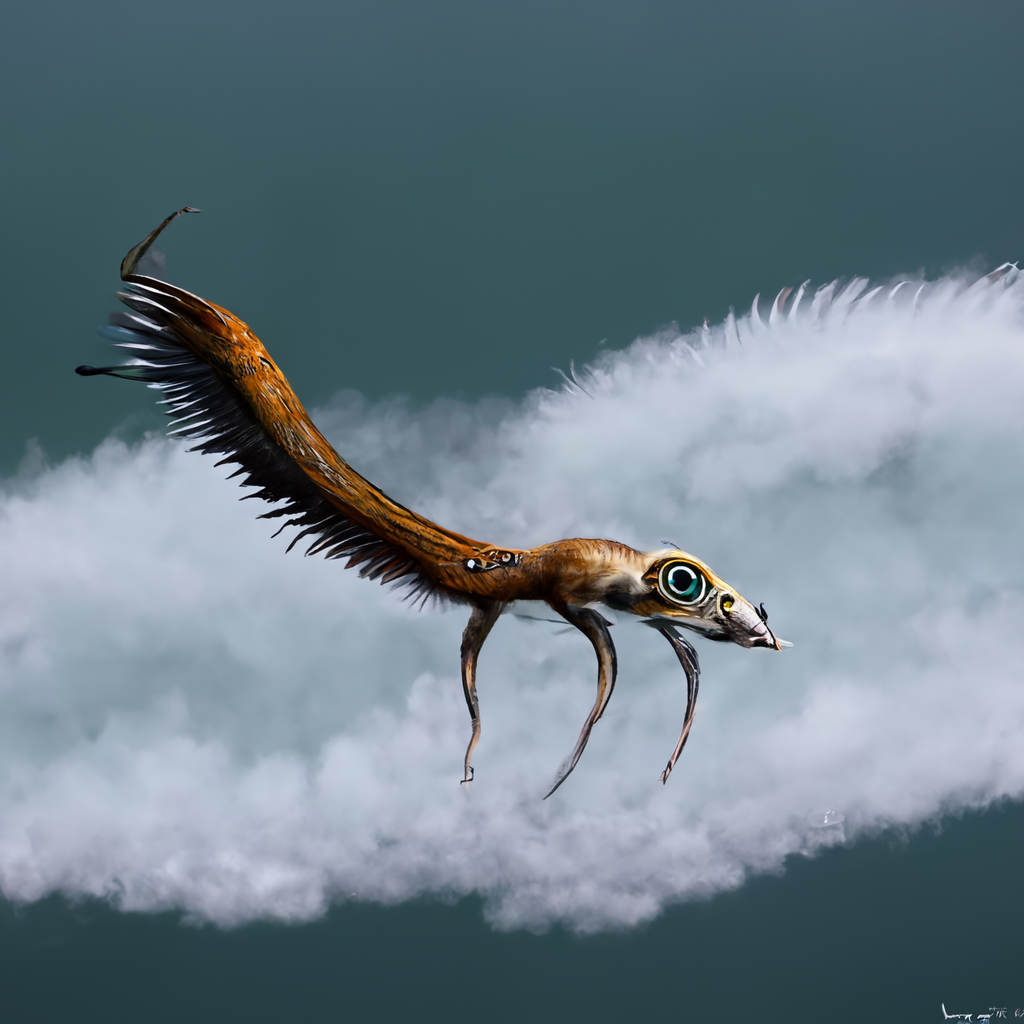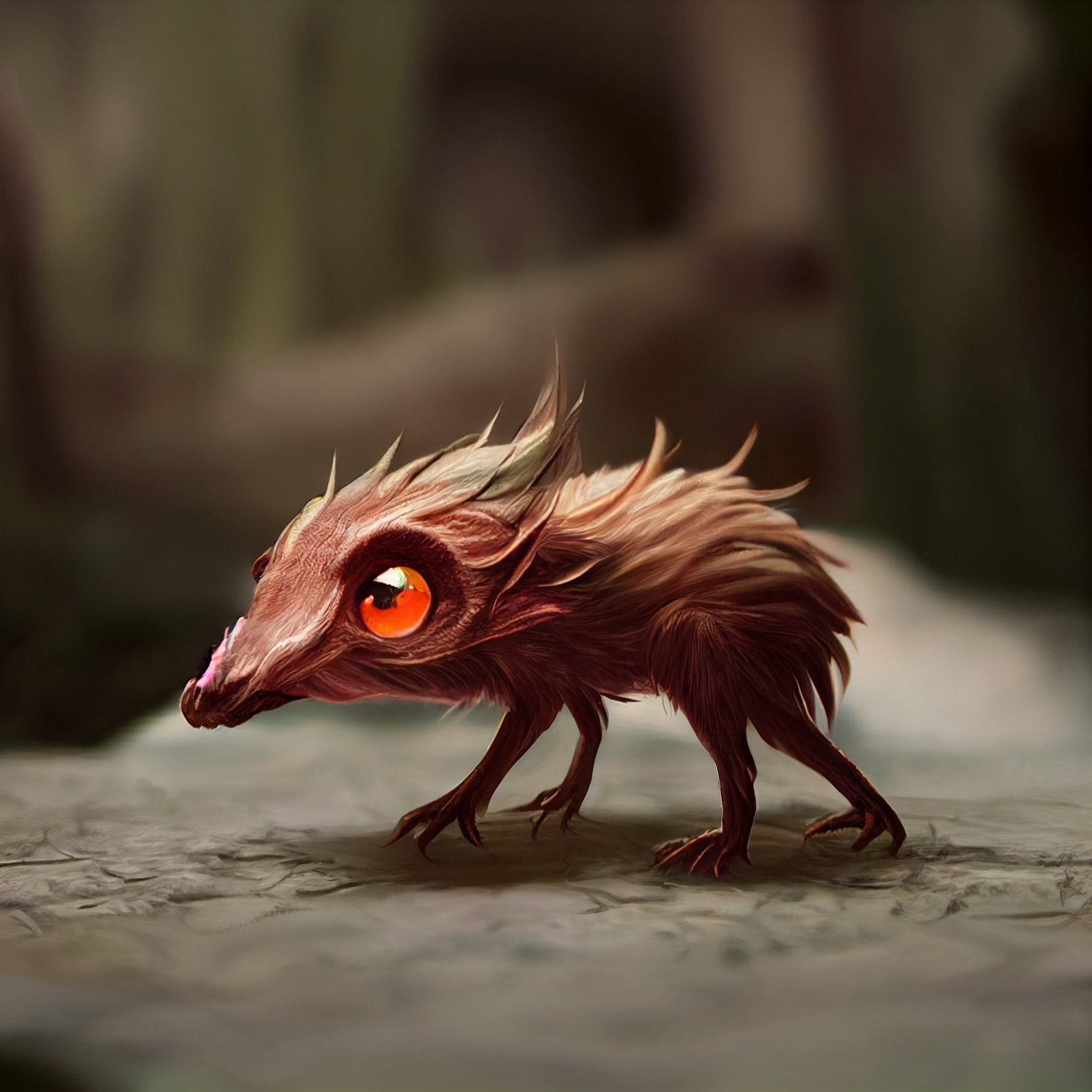

Every volcano has at least one volcrano maintaining it. They do their best to keep out of sight but volcranos are bulky and slow. Volcanos as a species have been fate-bound to feed the volcanic lava until the end of time in order to keep it from seeking food outside of the volcano. It's the instinct they have immediately upon birth and it's the instinct they'll still be mindlessly striving for upon their inevitable death.
Explore an endless universe of ficticious life on NovelGens.





